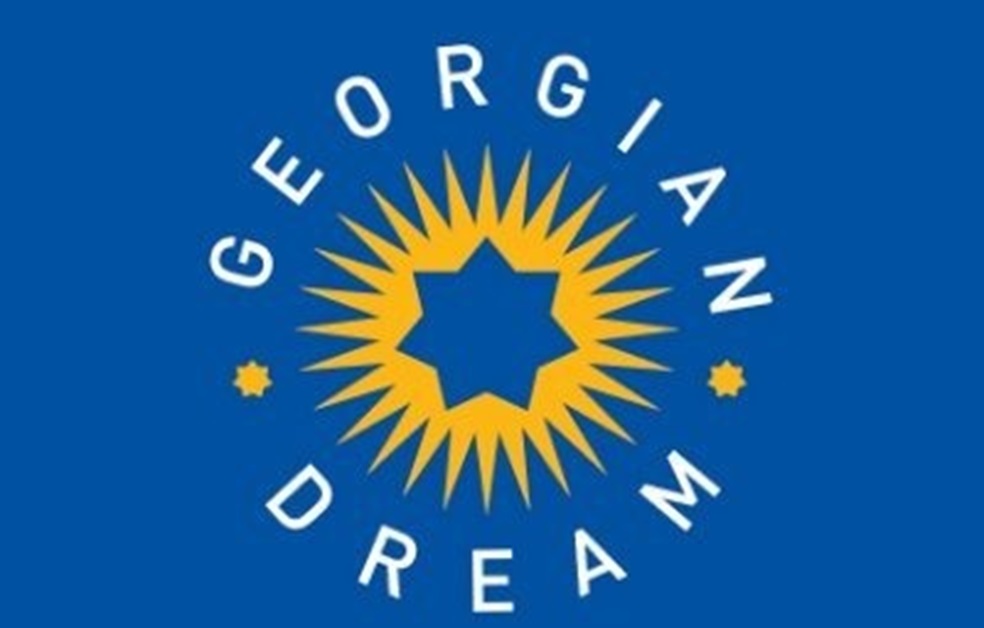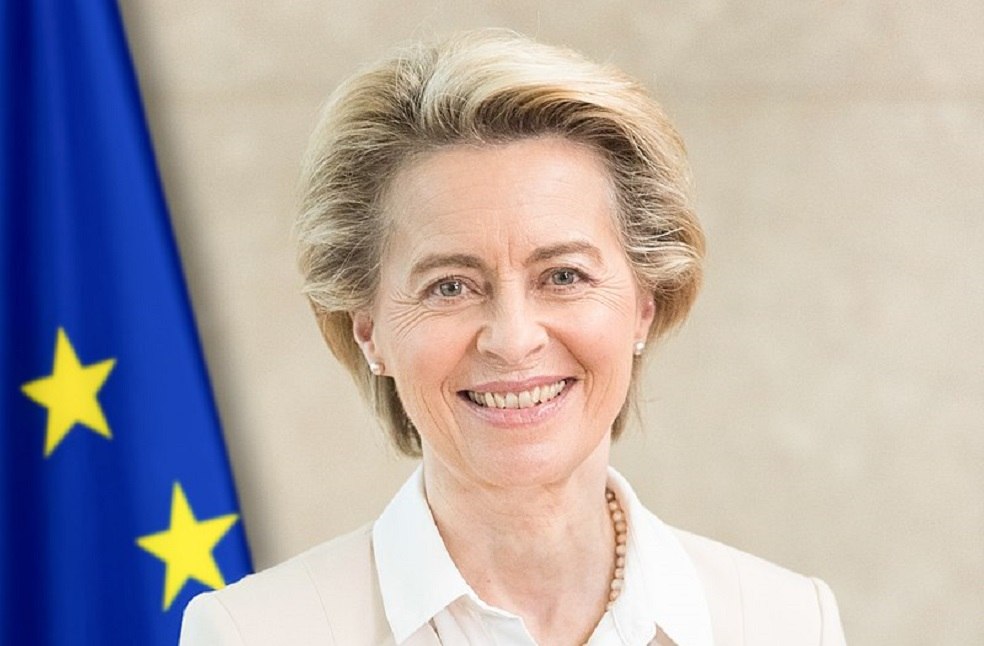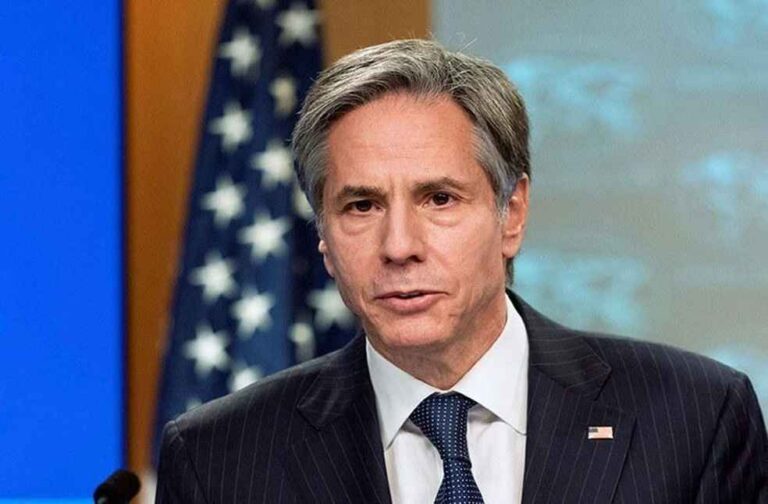United States: The US will examine its relations with the state and impose visa restrictions due to a contentious “foreign agent” measure that has prompted widespread protests throughout Georgia.
US Secretary of State Antony Blinken announced that those who had undermined Georgia’s democracy, along with their relatives, would be subject to visa restrictions.
“US support for Georgia’s democracy is longstanding and foundational to our bilateral relationship. Anyone who undermines democratic processes or institutions in Georgia – including in the lead-up to, during, and following Georgia’s October 2024 elections – may be found ineligible for US visas under this policy and precluded from travel to the United States,” Blinken said in a statement.
Blinken said the proposed law would stifle Georgians’ freedom of association and expression and “impede independent media organisations working to provide Georgians with access to high-quality information.”

The ruling Georgian Dream party enacted a measure last week requiring media outlets and nongovernmental organizations (NGOs) that get more than 20 percent of their money from outside Georgia to register as entities that are “pursuing the interests of a foreign power.”
Failure to comply with the measures may result in fines of up to 25,000 lari ($9,200), with further fines of 20,000 lari ($7,300) assessed for each subsequent month of non-compliance.
Since Georgian Dream came to power in 2012, its opponents have claimed that it was inspired by laws that were used in Russia to stifle opposition.
Thousands of demonstrators and police battled outside the parliament building in the heart of Tbilisi on May 14, following the bill’s passage.
US officials have encouraged Georgia to revoke the law, citing potential risks to the country’s declared objectives of establishing NATO links and EU membership. Georgia submitted an application in December of last year to become a candidate for EU membership in 2022.

Earlier this month, EU Commission President Ursula von der Leyen issued a warning, stating that the legislation would be a “serious obstacle for Georgia in its European perspective.”
The legislation’s supporters, who include Prime Minister Irakli Kobakhidze, contend that the actions are required to uphold national sovereignty, advance transparency, and counteract “pseudo-liberal values” propagated by outsiders.
Salome Zourabichvili, the president of Georgia, used her veto power on Saturday to thwart the bill, arguing that it was unconstitutional.
The legislation is anticipated to proceed despite Zourabichvili’s action, as the ruling party possesses sufficient votes in the legislature to overcome the veto in a future vote.



